The European automotive industry is one of the continent’s most vital and dynamic sectors, representing more than 7% of EU GDP and employing over 12 million people across design, manufacturing, and related services. From consumer vehicles and fleet management to EV charging infrastructure and connected mobility, the sector is at the forefront of Europe’s industrial and environmental transformation.
While the industry remains a global leader in engineering and innovation, it faces unprecedented change — driven by electrification, automation, sustainability, and digitalisation. For organisations seeking to enter or expand within the European or Global automotive market, success demands a deep understanding of shifting consumer behaviour, stringent regulation, and evolving technologies across multiple sub-industries.
Market Size and Growth Potential
Europe is home to some of the world’s most influential automotive brands and suppliers, with major manufacturing hubs in Germany, France, Italy, Spain, and Central Europe. The region remains a leading exporter of vehicles, components, and high-precision engineering, yet it is simultaneously reshaping itself for a carbon-neutral and digital future.
The EU Green Deal and Fit for 55 package aim to reduce transport emissions by 55% by 2030, accelerating the shift to electric mobility, hydrogen power, and shared transport solutions. The market’s future growth will come from innovation in sustainable propulsion, intelligent mobility services, and digital vehicle ecosystems.
Key Automotive Sub-Industries (where 2Europe have experience)
Consumer Automotive (Cars)
The consumer car market in Europe is evolving rapidly as electric and hybrid models replace internal combustion engines. Consumers are demanding cleaner, more efficient, and connected vehicles, while manufacturers face increasingly strict emissions regulations and sustainability targets. Competition between traditional OEMs and new entrants — including EV specialists and tech-based disruptors — is intensifying. Success depends on product differentiation, supply-chain resilience, and understanding diverse national incentives for EV adoption.
Consumer Automotive (Motorcycles)
Europe’s motorcycle industry remains strong, supported by leisure demand and growing use of smaller vehicles in urban areas. Electrification and smart connectivity are reshaping the segment, particularly in e-scooters and light electric motorcycles for city mobility. Leading markets include Italy, France, Germany, and Spain, though demand patterns vary widely between commuter-focused and premium performance segments.
Fleets & Management
Corporate fleet management is becoming a central pillar of the European automotive landscape. Companies are prioritising efficiency, safety, and sustainability, transitioning from ownership to mobility-as-a-service (MaaS) models. Fleet electrification, telematics, and data analytics are key growth areas, while challenges include infrastructure limitations and balancing cost against carbon-reduction targets.
Tyres
Europe’s tyre industry serves both OEMs and the aftermarket, driven by innovation in sustainability, materials, and performance. Growth is particularly strong in low-rolling-resistance and recycled-material tyres, aligned with the region’s environmental objectives. Digital monitoring and predictive maintenance are emerging trends, while competition remains intense across both premium and budget segments.
OEMs (Original Equipment Manufacturers)
Europe’s OEMs remain global leaders in automotive design and engineering, yet they face the dual challenge of transitioning to electric mobility while maintaining profitability in traditional segments. Partnerships with technology firms, investments in battery production, and vertical integration are reshaping the OEM landscape. Supply-chain resilience, semiconductor shortages, and geopolitical uncertainty continue to influence production and investment strategies.
Vehicle Rental
The vehicle rental sector is adapting to new models of mobility, including short-term digital rental, subscription services, and car-sharing platforms. Growth is being driven by urbanisation, tourism recovery, and flexible transport demand. Companies are expanding their electric and hybrid fleets, supported by digital booking and fleet-tracking technologies. However, success requires strong logistics networks, competitive pricing, and sustainability credentials.
EV Charging
As electric vehicle adoption accelerates, EV charging infrastructure has become one of Europe’s fastest-growing industries. Both public and private sectors are investing heavily in fast-charging networks, smart-grid integration, and interoperability between charging systems. However, infrastructure coverage and standardisation vary across countries, creating challenges for international operators. Growth opportunities are strongest in home charging, workplace installations, and highway rapid-charging corridors.
Emerging and Fast-Growing Sub-Industries
Electric Vehicles (EVs)
Europe’s EV market is growing exponentially, supported by government incentives, tightening CO₂ standards, and advancing battery technology. The focus is shifting toward affordable mass-market EVs, battery recycling, and local cell production. The rise of solid-state batteries and hydrogen-powered vehicles is set to further reshape the landscape.
Autonomous & Connected Vehicles
Automation and connectivity are revolutionising how vehicles are designed and used. ADAS (Advanced Driver Assistance Systems) and autonomous driving pilots are expanding across Europe, while vehicle-to-infrastructure (V2X) communication supports smarter traffic management. Data privacy and safety regulation remain key entry barriers for technology providers.
Shared Mobility & Subscriptions
Shared mobility platforms — including car-sharing, ride-hailing, and subscription-based ownership — are transforming transport models in urban areas. These services align with consumer preferences for flexibility and sustainability but require strong digital platforms and partnerships with municipalities.
Hydrogen Mobility
Hydrogen technology is emerging as a complementary solution to battery-electric power, particularly for heavy-duty and long-distance vehicles. The European Hydrogen Strategy supports infrastructure development and production, creating long-term opportunities for manufacturers, energy providers, and logistics operators.
Aftermarket & Recycling
The shift to circular economy models is creating new demand in the automotive recycling, remanufacturing, and battery recovery sectors. Europe’s focus on sustainability and supply-chain independence is driving innovation in end-of-life management and resource efficiency.
Market Entry Challenges
While Europe’s automotive industry offers enormous potential, entry into this highly competitive market presents challenges:
- Regulatory complexity: Strict environmental, safety, and data compliance standards.
- Market fragmentation: Consumer preferences and government incentives differ across countries.
- Sustainability pressures: ESG requirements and carbon reporting now shape supplier selection.
- Technology integration: Rapid evolution of digital systems, batteries, and mobility platforms.
- Infrastructure gaps: Charging and hydrogen networks remain uneven across regions.
Supporting you with Expert Research
The European automotive sector is at a defining moment — balancing legacy engineering strength with the transition to sustainable, connected, and intelligent mobility. From EV charging networks to fleet management systems, OEM innovation, and digital vehicle services, the opportunities for growth are vast.
At 2Europe, we specialise in delivering automotive market research that helps brands, suppliers, and service providers navigate Europe’s complex and fast-changing mobility landscape. Our in-depth research identifies customer needs, assesses market potential, and informs strategies for successful entry and expansion across the continent’s diverse automotive markets.
Clients we have supported in this industry sector:
- Kwik Fit
- 3M
- Just Auto
- Goodyear
- Slime
- Micheldever
- Fix-a-Flat
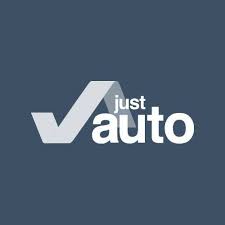


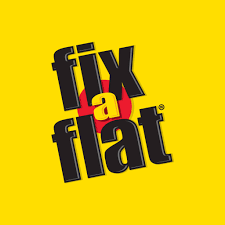
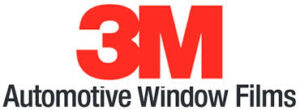

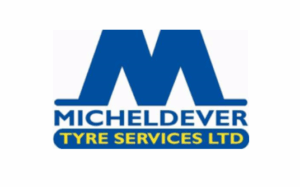
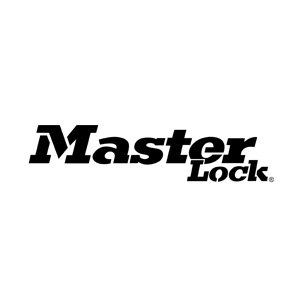
Master Lock

Institution of Civil Engineers (ICE)
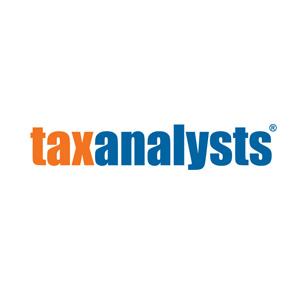
Tax Analysts

